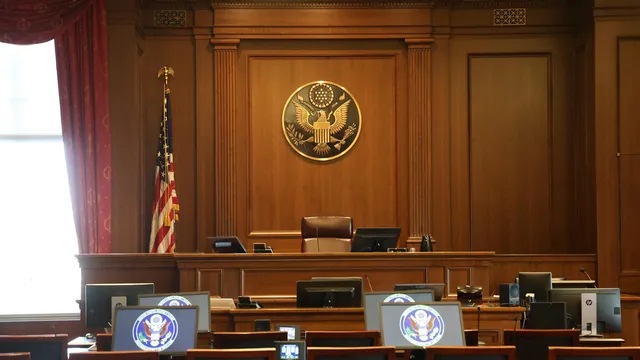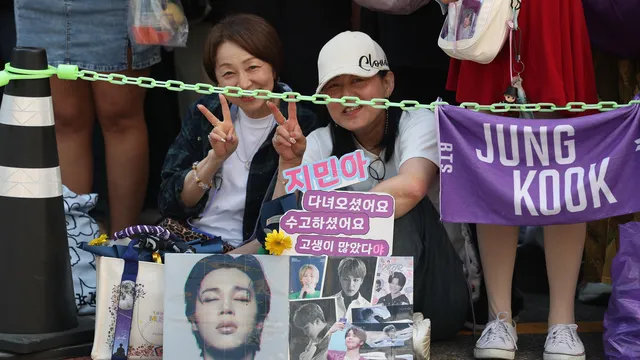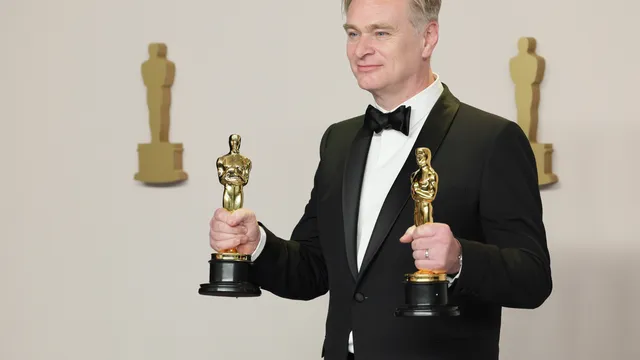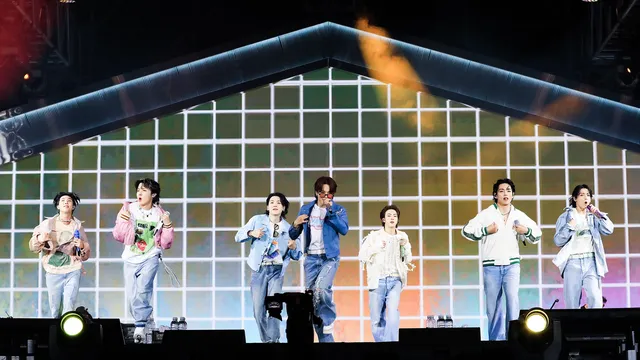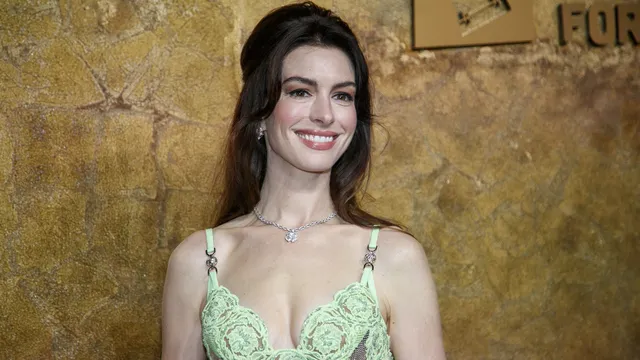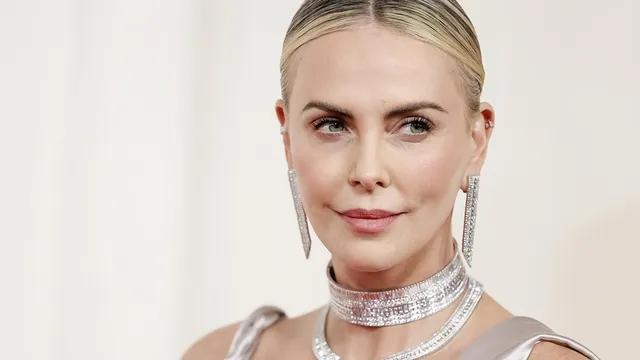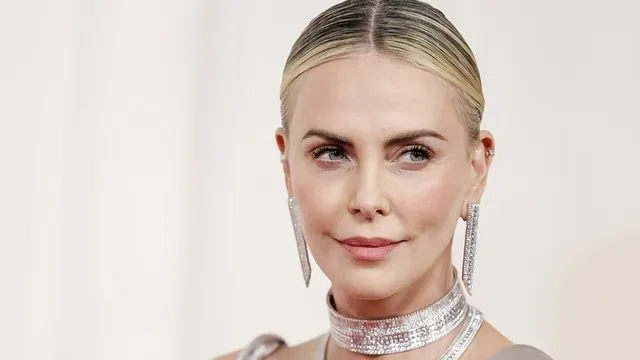The jury in the case against Sean "Diddy" Combs for sex trafficking and racketeering has reached a verdict on four of the five charges against the rapper, Fox News reported.
The jury announced it was unable to reach a unanimous decision on the racketeering charge — one of the most serious in the case against the disgraced music mogul. A federal RICO violation carries a sentence of up to 20 years. The charge of transportation for the purpose of prostitution carries a sentence of up to 10 years, while sex trafficking through force, fraud, or coercion may result in up to 20 years in prison.
Judge Arun Subramanian outlined three possible courses of action for the jury: to continue deliberating, to receive supplemental instructions, or to return a partial verdict. However, the judge stated he is not currently considering the third option.
He ordered that a portion of the jury instructions be read again.
When the jurors were brought back into the courtroom, the judge urged them to continue their deliberations and emphasized that it was their duty to discuss the facts among themselves and form a conclusion.
Judge Subramanian reminded the jurors that the verdict must be unanimous but that no juror should surrender their honest beliefs simply to reach a verdict or to accommodate others. The jury was then dismissed back to the deliberation room.
Court adjourned for the day, and deliberations will resume on Wednesday, July 2, at 9:00 a.m. ET.
After the jury submitted a note indicating they had reached a partial verdict, all parties returned to the courtroom. Diddy remained seated with his hands folded in his lap. At one point, he was seen whispering to his attorney Teny Geragos.
The rapper also spoke with another member of his legal team, attorney Xavier Donaldson. The sound of the judge flipping through documents was audible over the courtroom microphone.
The jury began deliberations on Monday, June 30, following seven weeks of trial testimony. The prosecution rested its case on June 24, with Special Agent Joseph Cerciello as its final witness — the 34th overall.
Diddy’s defense team did not call any witnesses.
Combs pleaded not guilty to all charges, including racketeering, sex trafficking, and transportation for the purpose of prostitution. If convicted, he faces life in prison. The music producer was arrested in September 2024, months after Homeland Security agents raided his homes in Los Angeles and Miami.
During closing arguments, Diddy’s attorney, Marc Agnifilo, insisted that his client was innocent. He emphasized that it takes courage for jurors to acquit. "Return him to his family, who are waiting for him," he said.
Agnifilo accused prosecutors of conducting a "fake trial," claiming the government had targeted Diddy’s "private sex life."
According to the defense, none of the prosecution’s witnesses testified to participating in a criminal enterprise. Former employees of Combs described working for him as demanding but likened the experience to attending "Harvard Business School."
"That’s the fake trial I’m talking about," Agnifilo told the jury, arguing that the prosecution failed to prove its racketeering theory.
He also referenced the raids on Diddy’s homes, during which Astroglide and baby oil were seized. According to Agnifilo, there was nothing about the rapper’s business operations that suggested criminal activity.
"Where is the crime scene? The crime scene is his private sex life," the defense attorney stated.
Agnifilo further claimed that his client never participated in sex trafficking. He described the incident between Diddy and his ex-girlfriend Cassie as domestic violence, not trafficking. "We own the domestic violence — we accept responsibility," he stated in court. "But that is not charged."
Before the defense’s closing arguments, the prosecution outlined how witness testimony proved each of the charges against Diddy — two counts of sex trafficking, one of racketeering, and two of transportation for the purpose of prostitution — over the course of approximately four hours.
The prosecution stressed that Diddy ran an alleged criminal enterprise with full control. Prosecutors said jurors heard testimony, viewed text messages, examined bank records, and listened to audio recordings that allegedly showed the "Last Night" performer committing crimes over several decades.
According to the prosecution, the government proved that Combs did not take "no" for an answer. "Until today, Diddy avoided justice because of money and power," Assistant U.S. Attorney Christine Slavik stated. "That ends now."
The jury is composed of 12 people — eight men and four women — who are tasked with determining whether Diddy is guilty of federal crimes or should be acquitted following the seven-week trial.
Over the past two months, the jury heard from 34 prosecution witnesses. Diddy’s former girlfriends, Cassie and a woman identified by the pseudonym Jane, testified about physical abuse they allegedly endured at the hands of the rapper. Former personal assistants described long working hours and drugs they claim they were ordered to procure for him.
A woman identified as Mia, testifying under a pseudonym, stated that she was raped by Diddy while working for him.
Prosecutors argued that the music producer used his inner circle, wealth, and influence to conceal the alleged crimes he committed.
"Over the last several weeks, you’ve learned a lot about Sean Combs," Slavik said at the start of her closing argument. "He is the leader of a criminal enterprise. He doesn’t take ‘no’ for an answer." |BGNES

 Breaking news
Breaking news
 Europe
Europe
 Bulgaria
Bulgaria
